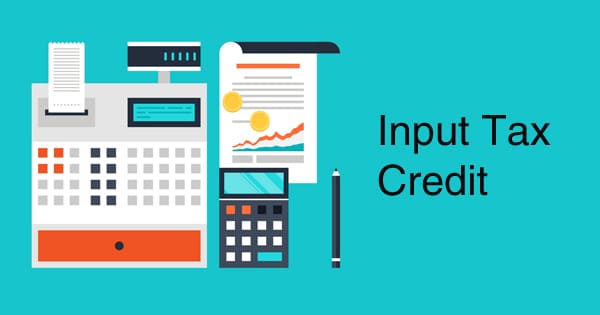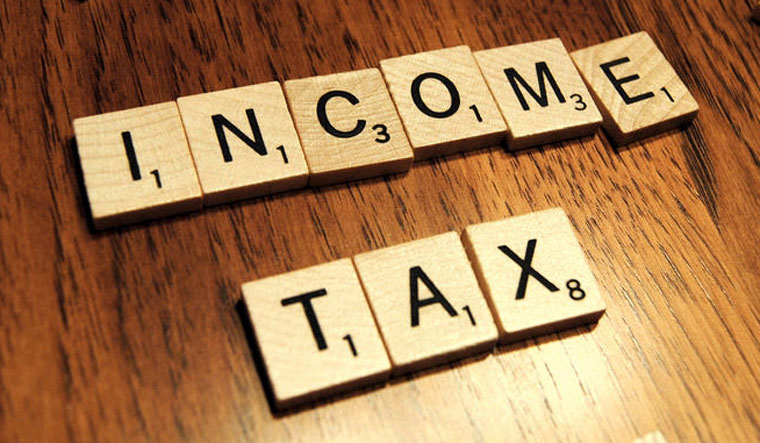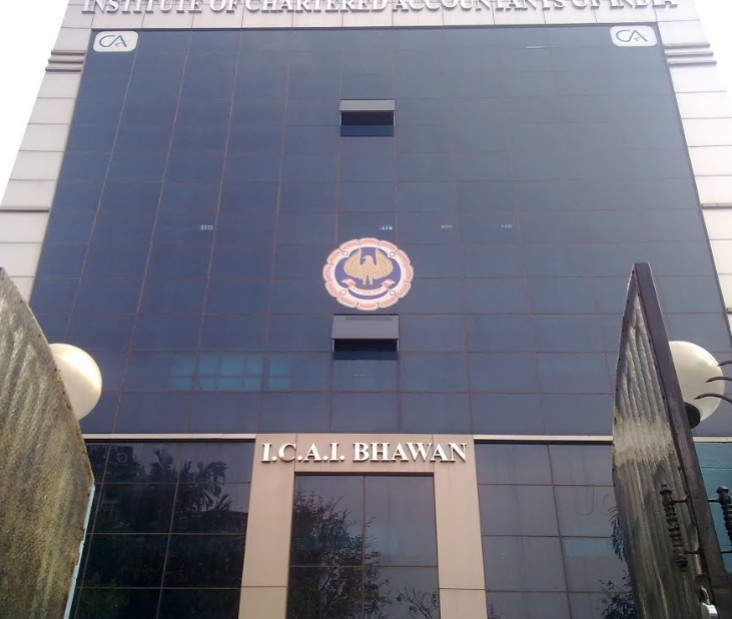Grant of the seamless input tax credit was one of the basic pillars/objectives of the introduction of the GST regime. However, instead of relaxing the restrictions in availing of input tax credit the same has been tightened by imposing new restrictions. Finance Act, 2022 had inter-alia amended Section 16(2) which initially had five restrictions, and now combined with amended Section 38 of the CGST Act,2017 the number of restrictions has gone up to twelve. Further amended Section 41 now prescribes for reversal of ITC on non-payment of tax by the supplier along with interest.
These amendments inter-alia have been made effective from 01-10-2022 vide Notification No. 18/2022- Central Tax dated 28-09-2022.
Restrictions on availing of ITC as mandated under section 16(2) of the CGST Act,2017 read with Section 38(2) , 41(2) and 49(12) of the CGST Act, 2017
1. The recipient should be in possession of tax invoice / debit note. (clause (a) , applicable from 01-07-2017).
2. The supplier should have filed GSTR-1 and ITC intimated to recipient in auto drafted ITC Statement GSTR-2B. (clause aa) , applicable from 01-01-2022).
3. The recipient should have received goods or services or both of which ITC is being availed (clause (b), applicable from 01-07-2017).
4. The details of ITC in respect of the said supply communicated to such registered person under section 38 has not been restricted; (clause (ba) Inserted w.e.f 01-10-2022)
It may be noted here that the restrictions referred to in this clause have been mandated as per amended Section 38(2) of the CGST Act, 2017 which provides for following six restrictions:
a). Supply from the newly Registered Person (for such period as may be prescribed).
b.) Supply by the registered person who has defaulted in payment of tax and such default is continued (for such period as may be prescribed).
c.) Supply by the registered person whose Output Tax Payable (as per GSTR-1) exceeding the output tax paid (as per GSTR-3B) (by such limit as may be prescribed).
d.) Supply by the registered person who availed input tax credit in excess of eligible input tax appearing in GSTR-2B. (by such limit as may be prescribed).
e.) Supply by the registered person who has defaulted in discharging his tax liability in accordance with the provisions of section 49(12).
It may be noted here that Section 49(12) has also been inserted from 01-10-2022 and mandates that conditions and restriction can be imposed specifying such maximum proportion of output tax liability which may be discharged through the electronic credit ledger by a registered person or a class of registered persons, as may be prescribed. Here it is pertinent to mention that Rule 86B currently mandates for maximum of 99% of ITC utilization against output tax liability i.e payment of atleast 1% of output tax liability as cash.
f). By such class of persons as may be prescribed.
The aforesaid restrictions shall be applicable after limits / class of persons are prescribed under CGST Rules, 2017, which are yet to be prescribed. Once restrictions are in place the recipient need to check the second part of the GSTR-2B , to know the amount of restricted ITC for purpose of clause (ba).
5. The tax charged in respect to the supply has been actually paid to the Government by the supplier through electronic cash or credit ledger. (clause (c), applicable from 01-07-2017).
It is important to note here that as per substituted Section 41(2) of CGST Act, the Input Tax Credit, whereon the tax payable has not been paid by the supplier, shall be reversed along with applicable interest in such manner as may be prescribed.
6. The recipient has furnished the GSTR-3B return. (clause (d), applicable from 01-07-2017).
7. Input Tax Credit availed by the Recipient need to be reversed if the Recipient fails to pay to the supplier the amount towards value of supply of goods or services along with tax payable within the period of 180 days from the date of issue of the invoice.( second proviso, applicable from 01-07-2017).
Thus we have six restrictions under Section 16(2) plus one new restriction flowing from Section 38(2) which has six restrictions in itself and thus total restrictions now stand at twelve. These restrictions are apart from other ones like blocked credit u/s 17(5), allowability of credit only if goods / services are used for business purposes / taxable supplies.
Conclusion
Availing of input tax credit has really been made restrictive, further as many restrictions are flowing from suppliers’ end it is of utmost importance that we ‘know our supplier’ and enter into transactions with only reputed suppliers to avoid blockage of credit in our hands as it is double whammy for recipient when he pays value of supply with GST to the supplier and still is not able to avail input tax credit thereon.
Relevant Amended Statutory Provisions:
Section 16(2) of the CGST Act, 2017
(2) Notwithstanding anything contained in this section, no registered person shall be entitled to the credit of any input tax in respect of any supply of goods or services or both to him unless,-
(a) he is in possession of a tax invoice or debit note issued by a supplier registered under this Act, or such other tax paying documents as may be prescribed;
(aa) the details of the invoice or debit note referred to in clause (a) has been furnished by the supplier in the statement of outward supplies and such details have been communicated to the recipient of such invoice or debit note in the manner specified under section 37;
(b) he has received the goods or services or both.
Explanation.- For the purposes of this clause, it shall be deemed that the registered person has received the goods or, as the case may be, services-
(i) where the goods are delivered by the supplier to a recipient or any other person on the direction of such registered person, whether acting as an agent or otherwise, before or during movement of goods, either by way of transfer of documents of title to goods or otherwise;
(ii) where the services are provided by the supplier to any person on the direction of and on account of such registered person;]
(ba) the details of input tax credit in respect of the said supply communicated to such registered person under section 38 has not been restricted;
(c) subject to the provisions of section 41, the tax charged in respect of such supply has been actually paid to the Government, either in cash or through utilisation of input tax credit admissible in respect of the said supply; and
(d) he has furnished the return under section 39:
Provided that where the goods against an invoice are received in lots or instalments, the registered person shall be entitled to take credit upon receipt of the last lot or instalment:
Provided further that where a recipient fails to pay to the supplier of goods or services or both, other than the supplies on which tax is payable on reverse charge basis, the amount towards the value of supply along with tax payable thereon within a period of one hundred and eighty days from the date of issue of invoice by the supplier, an amount equal to the input tax credit availed by the recipient shall be added to his output tax liability, along with interest thereon, in such manner as may be prescribed:
Provided also that the recipient shall be entitled to avail of the credit of input tax on payment made by him of the amount towards the value of supply of goods or services or both along with tax payable thereon.
Section 38. Communication of details of inward supplies and input tax credit.
(1) The details of outward supplies furnished by the registered persons under sub-section (1) of section 37 and of such other supplies as may be prescribed, and an auto-generated statement containing the details of input tax credit shall be made available electronically to the recipients of such supplies in such form and manner, within such time, and subject to such conditions and restrictions as may be prescribed.
(2) The auto-generated statement under sub-section (1) shall consist of––
(a) details of inward supplies in respect of which credit of input tax may be available to the recipient; and
(b) details of supplies in respect of which such credit cannot be availed, whether wholly or partly, by the recipient, on account of the details of the said supplies being furnished under sub-section (1) of section 37,––
(i) by any registered person within such period of taking registration as may be prescribed; or
(ii) by any registered person, who has defaulted in payment of tax and where such default has continued for such period as may be prescribed; or
(iii) by any registered person, the output tax payable by whom in accordance with the statement of outward supplies furnished by him under the said sub-section during such period, as may be prescribed, exceeds the output tax paid by him during the said period by such limit as may be prescribed; or
(iv) by any registered person who, during such period as may be prescribed, has availed credit of input tax of an amount that exceeds the credit that can be availed by him in accordance with clause (a), by such limit as may be prescribed; or
(v) by any registered person, who has defaulted in discharging his tax liability in accordance with the provisions of sub-section (12) of section 49 subject to such conditions and restrictions as may be prescribed; or
(vi) by such other class of persons as may be prescribed.
Section 41. Availment of input tax credit
(1) Every registered person shall, subject to such conditions and restrictions as may be prescribed, be entitled to avail the credit of eligible input tax, as self-assessed, in his return and such amount shall be credited to his electronic credit ledger.
(2) The credit of input tax availed by a registered person under sub-section (1) in respect of such supplies of goods or services or both, the tax payable whereon has not been paid by the supplier, shall be reversed along with applicable interest, by the said person in such manner as may be prescribed:
Provided that where the said supplier makes payment of the tax payable in respect of the aforesaid supplies, the said registered person may re-avail the amount of credit reversed by him in such manner as may be prescribed.]
Section 49(12) of the CGST Act, 2017
(12) Notwithstanding anything contained in this Act, the Government may, on the recommendations of the Council, subject to such conditions and restrictions, specify such maximum proportion of output tax liability under this Act or under the Integrated Goods and Services Tax Act, 2017 which may be discharged through the electronic credit ledger by a registered person or a class of registered persons, as may be prescribed
*****
Don’t miss the next Tax Update / Article / Judicial pronouncement
Subscribe to our newsletter for FREE to stay updated on GST Law
Resolve your GST queries from national level experts on GST free of cost
Frah Saeed is a law graduate specializing in the core field of indirect taxes and is the Co-founder of taxwallah.com. She has authored many publications on GST and is into full-time consultancy on GST to big corporates. She as a part of taxwallah.com heads a team comprising of Chartered Accountants and Advocates and plays a key role in our mission to disseminate GST knowledge to all.



